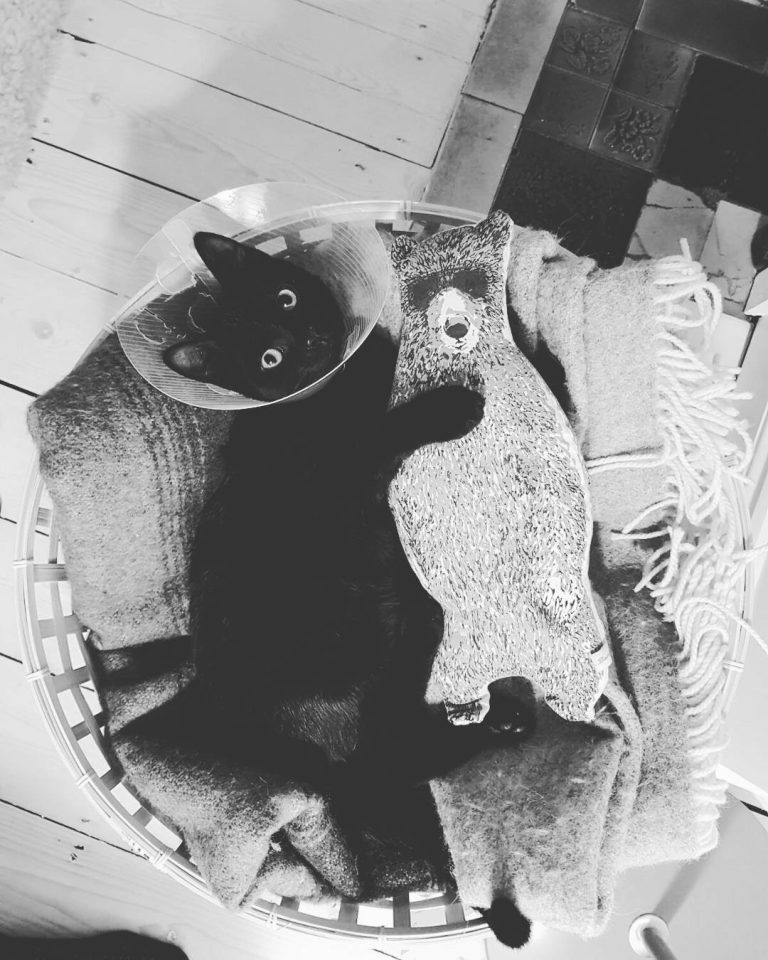Exploring the Link Between Veterinary Care and Pet Fur Vitality
A pet’s fur is more than just a beautiful coat; it’s a mirror reflecting their overall health and well-being. Regular veterinary care plays a crucial role in maintaining and enhancing the vitality of your pet’s fur. Understanding the connection between veterinary care and fur health can help pet owners ensure their furry companions live healthy, happy lives.
The Role of Veterinary Care in Fur Health
- Early Detection of Health Issues
- Regular veterinary check-ups allow for the early detection of health problems that may affect fur vitality. Issues such as allergies, hormonal imbalances, and skin infections can be identified and treated promptly.
- Early intervention can prevent minor issues from escalating into serious conditions that may cause fur loss or poor coat quality.
- Nutritional Guidance
- Vets provide crucial advice on balanced nutrition tailored to your pet’s specific needs. A diet rich in essential nutrients such as omega-3 fatty acids, vitamins, and proteins is vital for maintaining a healthy coat.
- Veterinary-prescribed diets can address specific deficiencies and health conditions that directly impact fur health.
- Parasite Prevention and Treatment
- Parasites like fleas, ticks, and mites can wreak havoc on your pet’s skin and fur. Regular veterinary care includes preventive treatments and quick responses to infestations, ensuring that your pet’s coat remains healthy and vibrant.
- Vets can recommend and administer the most effective treatments, reducing the risk of recurring infestations.
- Skin Condition Management
- Many pets suffer from skin conditions such as dermatitis, seborrhea, and fungal infections. These conditions can significantly impact the quality and appearance of fur.
- Veterinary care includes diagnosing and managing these conditions through medications, topical treatments, and specialized shampoos.
- Hormonal Health Monitoring
- Hormonal imbalances, such as those caused by hypothyroidism or Cushing’s disease, can lead to dull, thinning fur and other coat issues.
- Regular blood tests and hormonal assessments conducted by veterinarians can detect these imbalances early, allowing for effective treatment and management.
Practical Benefits of Veterinary Care for Fur Vitality
- Customized Care Plans
- Veterinarians can develop personalized care plans that cater to the specific needs of your pet. These plans include dietary recommendations, grooming routines, and preventive measures tailored to enhance fur vitality.
- Such customization ensures that all aspects of your pet’s health are considered, leading to a more comprehensive approach to fur care.
- Professional Grooming Advice
- Vets can offer expert advice on grooming practices that best suit your pet’s breed and coat type. Regular grooming helps in removing dead hair, preventing matting, and distributing natural oils that keep the fur shiny and healthy.
- Professional grooming services recommended by vets can address specific needs such as deshedding, trimming, and skin treatments.
- Preventive Health Measures
- Vaccinations, dental care, and routine health screenings provided by veterinarians contribute to overall health, indirectly benefiting fur vitality. A healthy pet is more likely to have a healthy coat.
- Preventive measures reduce the risk of diseases that can cause stress and affect fur health.
The Impact of Stress and Emotional Well-being
- Stress Reduction
- Pets under stress often exhibit poor coat quality. Veterinary care includes addressing factors contributing to stress, such as pain, discomfort, and anxiety.
- Behavioral therapies and stress-relief strategies recommended by vets can lead to noticeable improvements in fur vitality.
- Emotional Support
- A pet’s emotional well-being is closely linked to their physical health. Regular vet visits help ensure that pets are not only physically healthy but also emotionally stable, contributing to better fur health.
- Vets can identify signs of emotional distress and provide appropriate interventions to enhance your pet’s overall well-being.
Conclusion
Veterinary care is integral to maintaining and enhancing pet fur vitality. Regular check-ups, nutritional guidance, parasite control, and management of skin and hormonal conditions all contribute to a healthy, vibrant coat. By prioritizing veterinary care, pet owners can ensure their furry friends not only look their best but also feel their best, leading to happier, healthier lives. The link between veterinary care and fur vitality underscores the importance of a proactive, comprehensive approach to pet health.










